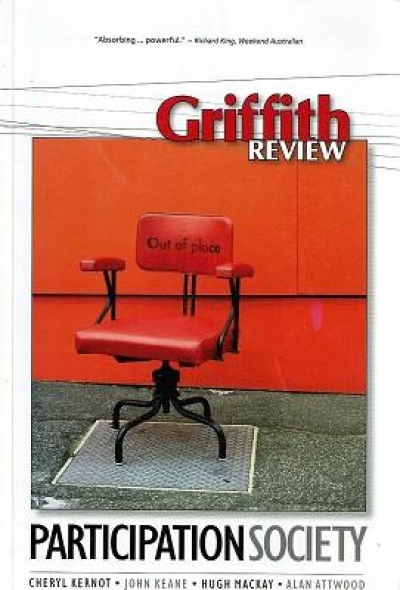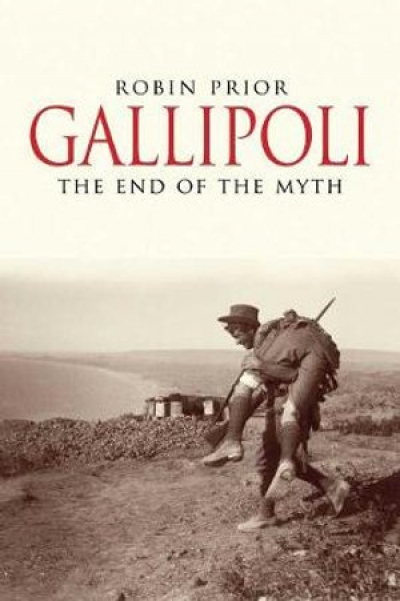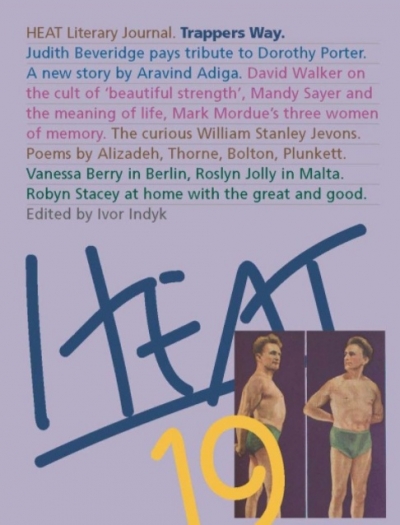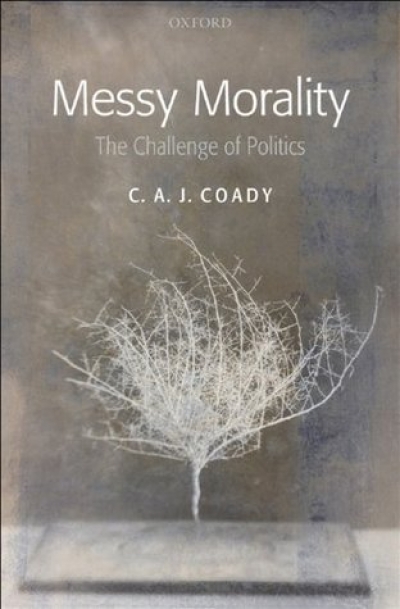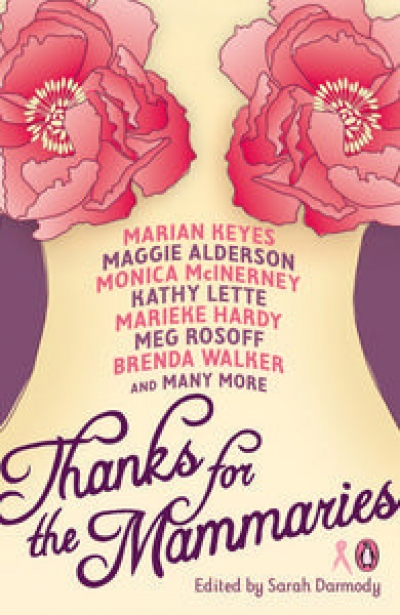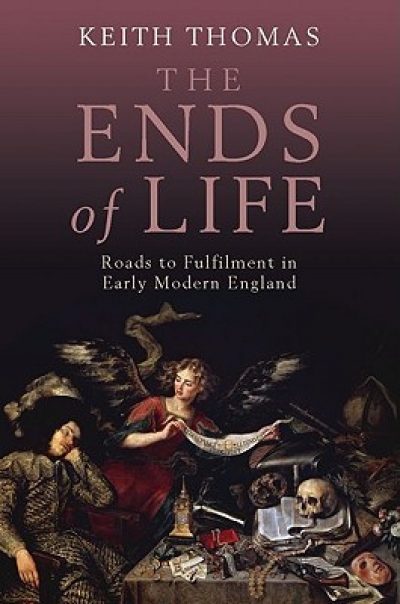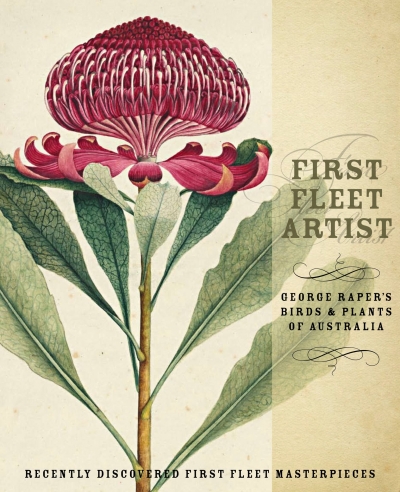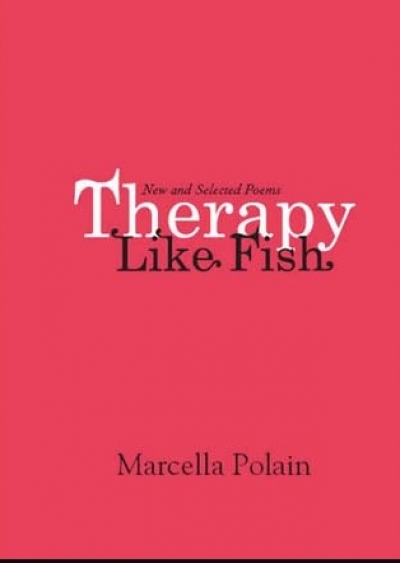Archive
Delights and jolts
Dear Editor,
ABR is always engaging, even when one disagrees with the thrust or standpoint of particular reviews, but surely the May issue is the most brilliant ever. An edition which has a poet (Peter Rose) reviewing David Malouf’s new novel, Brian Matthews on Henry Lawson, Elizabeth Webby on Xavier Herbert, and Robert Phiddian on Penny Gay’s monograph about Shakespearean comedies, has to be special, thoroughly deserving of the endorsements of literary luminaries with which ABR has promoted itself over the years. In fact, a writer who, as Dr Phiddian did, can use the phrase ‘industrial-strength literary-criticism’ in his first paragraph and one of my favourite words, ‘rebarbative’, in his second, has my unremitting admiration. And I haven’t yet mentioned the appearance of John Burnheim and Ian Britain on the Letters page.
... (read more)Ideal climate for writing
Climate change poses undoubted challenges for science – and society – but what exactly does the phenomenon mean for Australian cultural life? The University of Melbourne’s inaugural Festival of Ideas, June 15–20, investigates the question, with a program featuring scientists, environmentalists, archi ...



